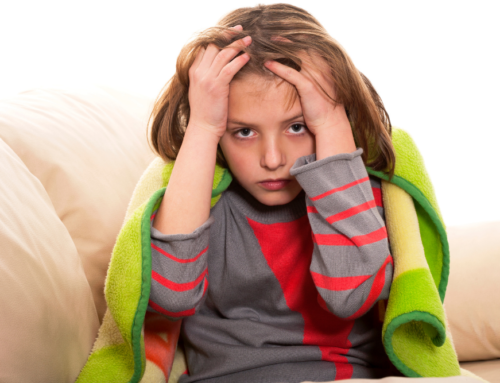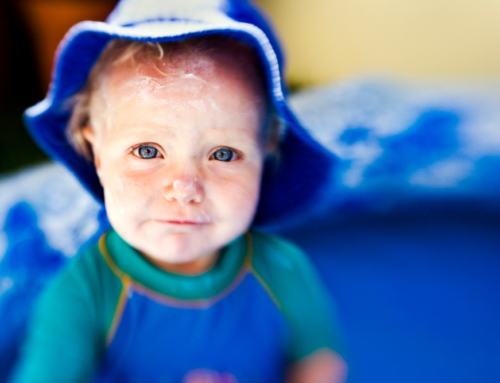What is Post-Partum Depression?
The birth of a baby is meant to be a joyful, exciting time for new moms. However, not all women experience motherhood the same way. Childbirth can be a very happy time for a family, and can also trigger fear, anxiety and even depression for some moms. In fact, experiencing powerful negative emotions after childbirth is common. Approximately 21.9 percent of all women will experience depression during their first postpartum year due to hormonal changes, physical changes with their body, and facing the new responsibility of caring for a baby.

Feeling some level of the “baby blues” after childbirth is normal. This includes crying spells, mood swings, anxiety and difficulty sleeping. However, the “baby blues” may develop into a more severe, long-lasting form of depression called post-partum depression.
One of the defining characteristics of post-partum depression is that it may interfere with your ability to take care of your baby and handle day to day tasks. However, this is not something to be ashamed of. In fact, depression is a brain health issue that can be treated. This does not mean you are a bad parent. It just means that you may need to seek treatment to get back on your feet.
Other signs and symptoms of post-partum depression include:
- Excessive crying
- Depressed mood or severe mood swings
- Difficulty bonding with your baby
- Withdrawing from family and friends
- Insomnia or too much sleep
- Overwhelming fatigue
- Reduced interest in activities you enjoy
- Anger
- Irritability
- Hopelessness
- Fear you’re not a good mother
- Feelings of worthlessness, shame, guilt or inadequacy
- Severe anxiety or panic attacks
- Thoughts of harming yourself or your baby
- Thoughts of death or suicide
- Post-partum psychosis
How is post-partum depression treated?
If you’ve experienced the postpartum depression for a period longer than two weeks and the symptoms continue to get worse, it is time to seek treatment. If you are having suicidal thoughts, seek emergency assistance by dialing 911 immediately.
About 90% of women with postpartum depression can be treated successfully with medication and psychotherapy. If you or someone you know is suffering from post-partum depression, seek a medical professional such as a primary care doctor. Mental health professionals such as counselors, social workers, psychiatrists, and certified peer specialists can also help. Support groups are also available.
Community Reach Center provides integrated pediatric primary care and behavioral health services through Mountainland Pediatrics and the Early Childhood Service program. As part of the integrated care model, Mountainland Pediatrics has maternal mental health specialists on site to screen new moms for post-partum depression and provide the appropriate resources to support to them and their baby in the months after giving birth.
If you suspect you may have post-partum depression, you can request a screening at your child’s next appointment. If you are having thoughts of self-harm or suicide, call (844) 493-8255 or Text TALK to 38255.
If you ever have a question about your child, want to schedule an appointment, or are looking for a Denver-area pediatrician and want to learn more about our practice at Mountainland Pediatrics, call us at 303-430-0823.



